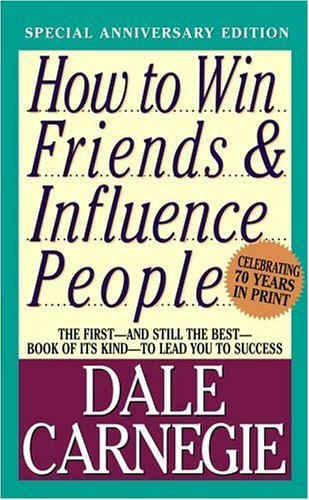Jewish Canon as of 200 BCE and Time of Christ
The Jewish canon by Jesus’ day was divided up in Law, Prophets and Writings. The Law was called Torah. The Prophets section was called Nev’im. The Writings section was called Ketuvim.[1]
The Prophets section was finalized around 200 BCE. The Writings section, Ketuvim, was referred to in a Greek commentary on Ecclesiasticus as “other books†— when it mentioned “the law and prophets and the other books of our fathers.†(See John Haralson Hayes, Introduction to the Bible (1971) at 21.) [2]
The Sadducees only accepted the Torah as inspired, and the “other books were prized and read as edifying books.â€[2] The Jews of Alexandria and Egypt accepted the Torah as inspired, but also “revered the Prophets and Writings.â€[2] The Samaritans only accepted the Torah as inspired and to be revered.[2] Thus, Sadducees and Samaritans rejected the Writings section as inspired. It was edifying.
The latter view predominated by the time of Christ. Books that claimed to be prophetic but which did not yet have any prophecy fulfilled were thus kept in the Ketuvim section to reflect their as yet unproven inspired status. The most important example and proof of this fact is the book of Daniel:
The book of Daniel is found in the third section of the Hebrew Bible known as the ‘Writings,’ rather than the second section ‘the Prophets.’ (Joel Osteen, Hope for Today Bible (2009) at 951.)
Who accepted the Writings section as more than edifying? The Pharisees. One scholar notes that the “Pharisaic Jewish historian†gives a picture of canon where the Law, Prophets and Writings were all sacrosanct. (Hayes, supra, at 22.)[3]
Jesus spoke of the “Law and the Prophets†never fading away. He never spoke the same about the “Writings†(Kevutim) which, had Jesus done so, would have meant He adopted the Pharasaical view of the Bible. Jesus thereby deliberately drops off the expanded Pharisaical view of the Bible when Jesus speaks only of the validity of the “Law and the Prophets†(Matt. 5:17.) See also Acts 28:23.
The way the ancient Jews divided canon was also done by explaining three levels of inspiration with the Law and Prophets clearly trumping the third level. While for a Christian these three levels would all appear equal, the point is that this is how Rabbis back then explained the three tiers of the canon so that “Writings†(Ketuvim) would never be on par with the Law and Prophets. In an article entitled “Inspiration†by Rev. James Gardner from 1858, we read:
The Jews were accustomed to speak of three different degrees of inspiration. Moses, they alleged, possessed the highest degree, with whom God spake mouth to mouth; the second, according to their view, was the gift of prophecy; and the lowest, the inspiration of the Holy Ghost, from which proceeded the holy writings or Hagiograplia. (Rev. James Gardner, “Inspiration,†The faiths of the world: an account of all religions and religious sects, their doctrines, rites, ceremonies, and customs (A. Fullarton & co., 1858) at 142.)

